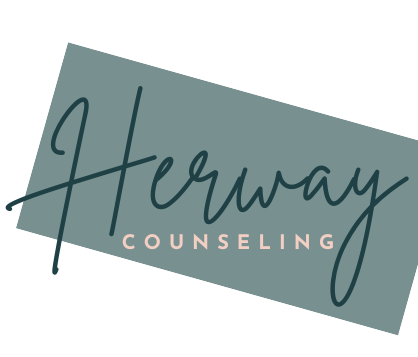Couples therapy v. discernment counseling
Couples Therapy vs. Discernment Counseling: What’s the Difference?
When couples call me, one of the first questions I ask is: “Are you both on the same page about wanting to work on the relationship?”
You’d be surprised how often the answer is… “Um, not really.”
And that’s where we need to pause and talk about the difference between couples therapy and discernment counseling.
Couples Therapy:
This is for couples who are both invested in making the relationship better. You don’t have to know how to make it better (that’s the work we do together), but you do need at least some level of:
“Yes, I want this relationship to work,” and
“Yes, I’m willing to put in the effort.”
Couples therapy is like relationship PT. You come in with old injuries, missteps, or bad habits, and together we build healthier patterns, strengthen communication, and find ways to reconnect. It’s for couples who want to stay together but feel stuck in cycles they can’t break out of on their own.
Discernment Counseling:
This is different. This is for couples where one person is leaning out of the relationship and the other is leaning in. One partner might be saying, “I don’t know if I want this anymore,” while the other is saying, “Please, let’s work on it.”
Trying to jump straight into couples therapy in that situation usually backfires because one partner isn’t ready to do the work. Discernment counseling gives space to slow down and answer a more basic question first: Do we want to try couples therapy, do we want to separate, or do we want to stay in limbo a little longer?
It’s not about fixing the relationship (yet). It’s about getting clarity on whether fixing it is what you both actually want.
Why it Matters:
Think of it this way: couples therapy is like signing up for a fitness program. Discernment counseling is standing in the lobby of the gym, deciding if you even want a membership. Both are valid, but they’re not the same thing.
So, if you and your partner are on the same page and want to build something stronger together—couples therapy is the path. If one of you is uncertain and not sure you even want to stay in the relationship—discernment counseling helps you figure out what’s next before jumping into therapy.
Either way, it’s not about judgment or taking sides. It’s about creating clarity, so you’re not stuck spinning your wheels in the wrong process.
If you’re curious about which one is right for your relationship, reach out and we can figure out together what fits you and your partner best.
